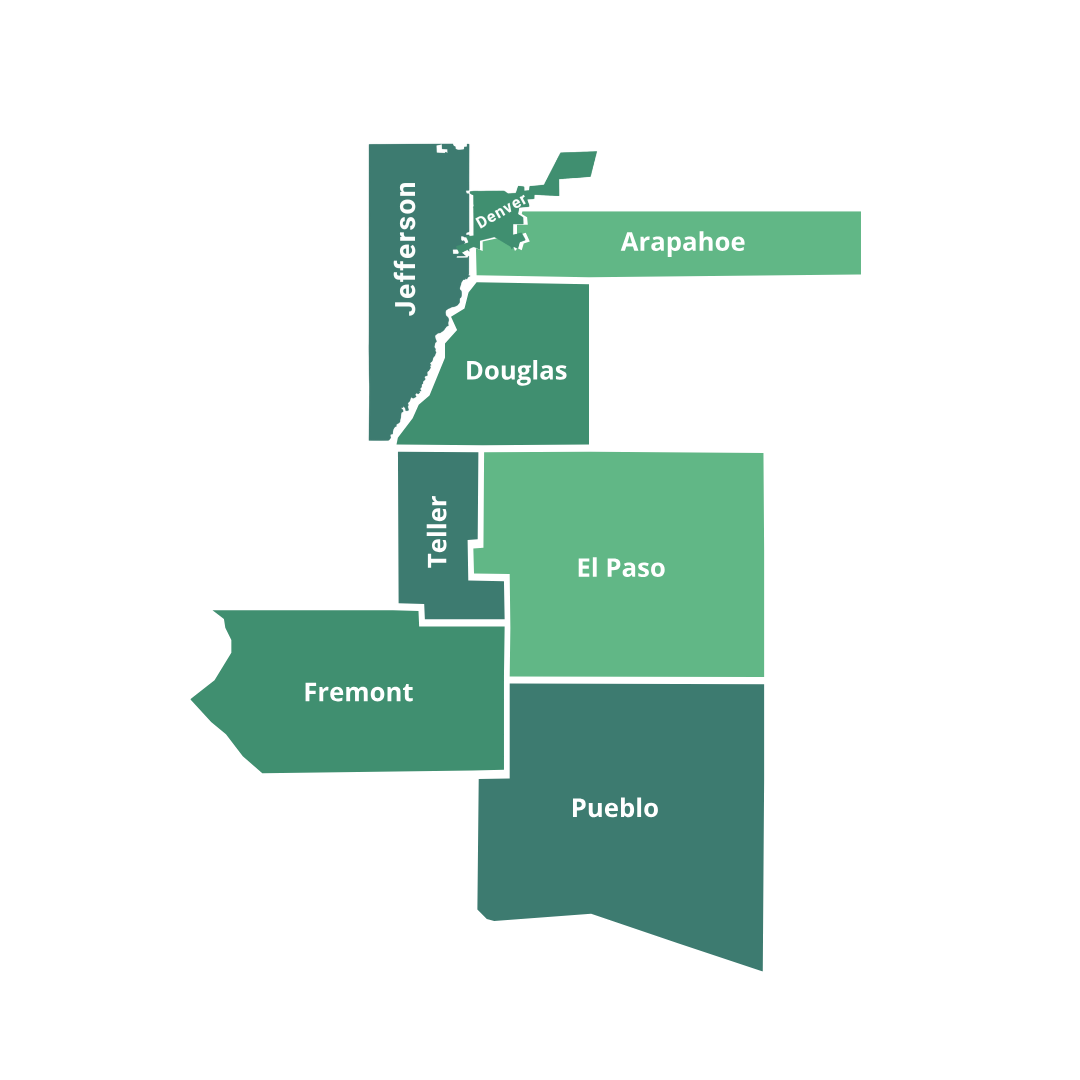





No matter how minimal identity theft charges may seem, they are no laughing matter. A conviction could mean time behind bars, hefty fines, and a criminal record. If you’re facing these charges, contact a Colorado Springs identity theft lawyer today. Our team can work to build a strong defense and ensure that your legal rights are upheld throughout any investigations.
You should call a criminal defense lawyer as soon as you suspect that you are under investigation for identity theft. Don’t wait until you are arrested or served with a search warrant.
By the time you hear from law enforcement, they’ve already built a strong case against you. The sooner we can get started on your case, we have a stronger chance of achieving the best possible outcome.
According to Colorado Revised Statute (C.R.S.) § 18-5-902, a person commits a crime if they use someone else’s “personal identifying information, financial identifying information, or financial device” without that person’s permission or in an attempt to defraud someone.
What does identity theft look like in real life? A person may be charged with identity theft in Colorado if they:
The penalties for identity theft in Colorado are harsh.
According to the American Civil Liberties Union (ACLU), one of the most important things you can do if you have been arrested is to remember that you have rights, and to protect those rights through your actions. This includes:
Identity theft is a class 4 felony in Colorado. Pursuant to C.R.S. § 18-1.3-401, possible penalties may include:
A person could face enhanced penalties if they have certain prior convictions.
There are also societal consequences to an identity theft conviction.
A felony conviction limits your opportunities and your choices and damages your reputation.
Identity theft charges are often complex. They may be filed in conjunction with other types of criminal charges.
Residential and commercial burglary (C.R.S. §§ 18-4-201 — 18-4-205). Burglary is often a means to obtain personal information. Stolen items could include a laptop or other electronic device, a cell phone, a wallet or purse, a will, vehicle registration, bank statements, credit/debit/ATM cards, birth certificates, or passports.
Criminal impersonation (C.R.S. § 18-5-113). It is a crime to “willingly and knowingly” assume a false or fictitious identity and then use this identity to carry out certain activities. Harmless jokes or pranks may be in poor taste, but would not be considered criminal impersonation. To be considered criminal impersonation, the actions must harm another person or result in some type of gain for the actor.
Bigamy (C.R.S. § 18-6-201). It is illegal to be married to more than one person. A married individual could use a stolen identity to both deceive a romantic partner and illegally obtain a Colorado marriage license.
Forgery (C.R.S. § 18-5-102). Identity theft and forgery can be intertwined when someone forges another person’s signature on a check, money order, or credit card slip, and in doing so either gains something or commits fraud.
Unlawful possession or use of license (C.R.S. § 42-2-136). It is illegal to “display or represent” someone else’s driver’s license as your own. That includes a minor’s driver’s license, a temporary license, and a learner’s permit.
Frequently Asked Questions
Not everyone who is charged with identity theft is guilty. Possible defenses against identity theft charges in Colorado include:
If you’re caught up in any of these situations, don’t make the mistake of trying to represent yourself. You need an experienced Colorado Springs identity theft lawyer.
Yes, it is possible to have identity theft charges dropped. However, this is difficult without competent legal representation. Misguided individuals who have been charged with identity theft may try to take matters into their own hands. They reach out to their accusers in an attempt to clear up a misunderstanding, they sit through police questioning without an attorney present. They give up their legal rights and only make matters worse.
An attorney has resources that the average person does not. They can collect evidence to build a strong defense through search warrants and subpoenaing witnesses.
Identity theft is a crime if you use that person’s identity for your own personal gain or to defraud someone else. Even if you have no intent to gain anything or commit fraud, the manner in which you obtained the personal information could be a crime. Identity theft in Colorado is a felony, and nothing to take lightly.
